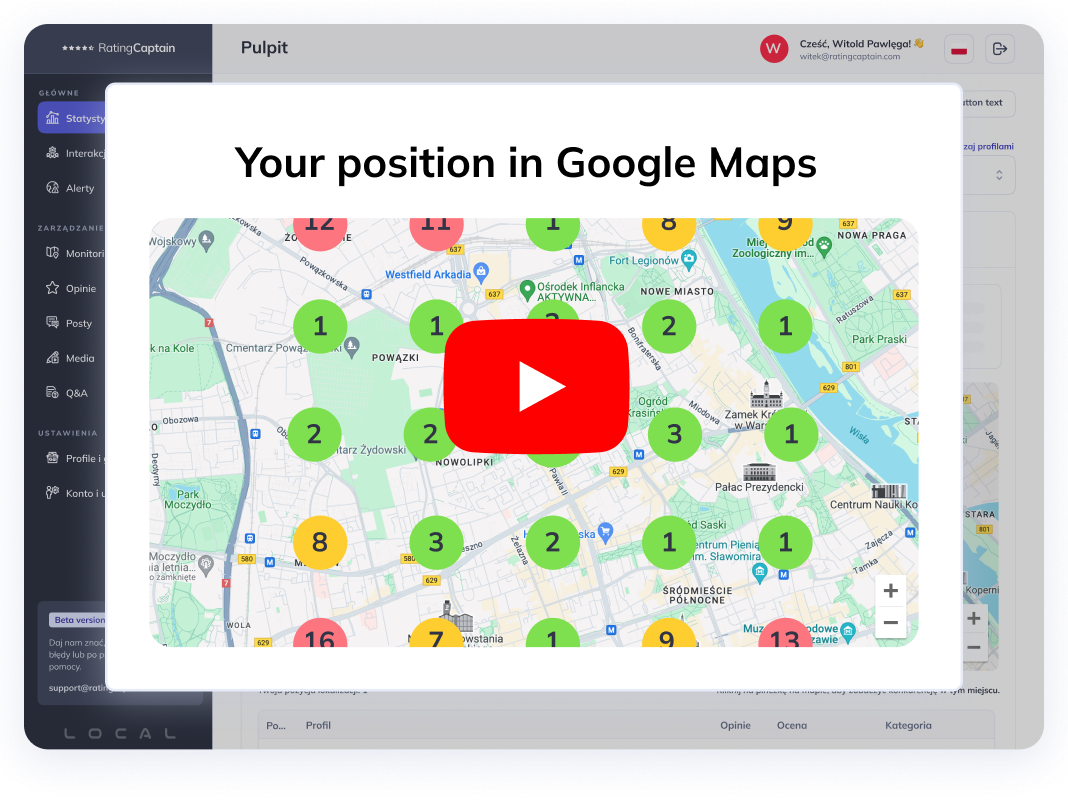

Sentiment analysis of opinions - what possibilities does it offer for utilization?

Table of contents
Digital communities gathered on internet platforms generate data that is valuable information for businesses. The gathered knowledge can be analyzed to create new solutions for companies. By analyzing sentiment of opinions, improvements can be introduced in the company that will result in increased customer satisfaction.
What is sentiment analysis?
Sentiment analysis is defined as a research field in which human opinions, feelings, ratings, attitudes, and emotions towards entities such as products, services, organizations, individuals, issues, events, topics, and their attributes are analyzed. Sentiment analysis, also known as opinion mining, is based on natural language processing. Its goal is to discover people's opinions in textual expressions. This allows for collecting and analyzing comments regarding a specific product in terms of the sentiment of the opinions.
Sentiment analysis tools most commonly classify messages into:
- positive
- negative
- neutral
Types of analysis
The sources from which data is drawn for analysis can be divided into two groups: internal and external. Internal sources are confidential, such as records of conversations from product helplines, content from official emails. External sources are publicly available. The largest source of information is user comments on opinion platforms and on social media.
Why is sentiment analysis important?
Sentiment analysis helps to recognize consumer attitudes towards a brand. In today's business environment, which focuses on customer relationships, analyzing ratings is important for ensuring consistent profitability. Through analysis, a company saves time and effort by implementing only those solutions that make sense and are driven by customer needs. Sentiment analysis is conducted automatically, which speeds up the process of collecting and evaluating user comments. Artificial intelligence algorithms appropriately analyze sets of information and aggregate results that are important for business development. By knowing the audience's attitude towards a specific topic, one can appropriately tailor their offer and thus increase sales.
Areas of application
Although opinions, suggestions, and ratings are expressed in natural language, they can be scientifically analyzed, further inferred, and decisions can be made based on them.
Sentiment analysis allows for:
- understanding customer attitudes;
- tailoring offers to customer expectations;
- identifying strengths and weaknesses of offered products or services;
- identifying relationships between opinions and company profits;
- comparing customer attitudes towards own and competitive offers.
By taking into account customer suggestions, both the company and the customer benefit from it. The manufacturer can create products tailored to user expectations and improve methods of product distribution or marketing activities. The customer finds what they are looking for, and the service process satisfies their needs.
Sentiment analysis tools
Sentiment analysis tools allow for the creation of shared dictionaries and their appropriate processing. They check the emotional connotation of customer reviews. This information helps in managing the brand image. Sentiment analysis tools most commonly focus on opinion platforms, where the sentiment of customer statements about products and services is examined.
1. Rating Captain
The Rating Captain application helps collect reviews from all opinion platforms in one place. With its help, you can send requests to your customers after they receive their order or use your services. Moreover, the application allows for monitoring comments posted on both Google and other platforms.
Thanks to artificial intelligence, Rating Captain analyzes the sentiment of collected customer statements and shows how satisfied the customer is, as well as indicates the reasons for such a state of affairs. Recognizing the reasons for disappointment gives the opportunity to quickly eliminate them and offer the customer appropriate compensation.
2. Brand24
This tool allows for monitoring comments related to the brand. Brand24 also analyzes the emotional connotation of reviews. The service also allows for measuring the intensity of buzz that appears around a selected company or product. Data is collected and archived from the start of monitoring. Thanks to notifications, the company is able to quickly react to mentions appearing on the web. This is particularly important when these opinions are negative, as a quick and appropriate response from the company can prevent a reputation crisis.
3. Clarabridge
This is a tool that analyzes text and speech based on artificial intelligence. By evaluating the words actually used by customers and employees in phone conversations, emails, surveys, and more, the Clarabridge platform classifies the moods of the collected content and presents them for analysis to users. Clarabridge also enables quick and timely responses to customer inquiries or problems in real-time.
Please rate this article
Local SEO tool
for agencies
Automate your local SEO
and track Google Maps visibility

